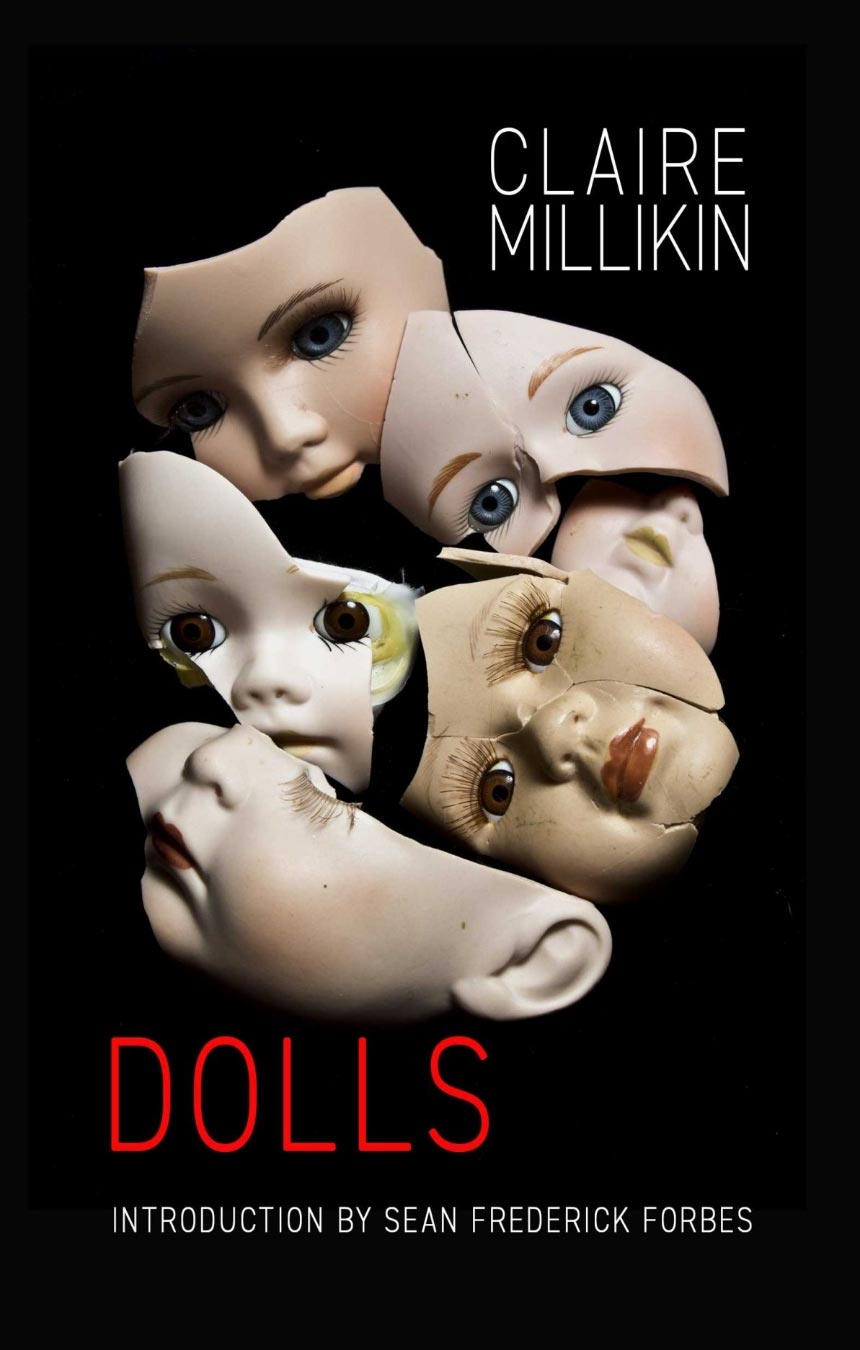Dolls
2Leaf Press, 2021Category
New and Featured Books, Poetry as Claire MillikinAbout
Poems that address the pain caused by gender stereotypes and racial oppression in the American South.
“In the preface to her new collection of poetry, “Dolls” (2Leaf), Maine-based poet Claire Millikin writes of Sage Smith, to whom the book is dedicated, a 19-year-old Black transwoman from Charlottesville, Va., who disappeared in 2012 and is presumed dead. “She emblematizes the themes of this book: the conscription of femininity to suffering in the traditional South.” And she names the driving question behind the book: “How do we speak for the silenced?” Millikin’s poems are intimate, personal, addressing, obliquely and not, childhood sexual abuse, an eating disorder (she stopped starving herself at 15, “but it took decades/ after that to lose the habit/ of silence, hunger’s match”), what it feels like to be treated like a doll. And the poems look broadly at the American scene in this fraught moment, its sexism, racism, and transphobia. “A doll’s voice/ is a false front, a pretense,/ like the idea of American happiness.” The dolls throughout serve as facsimiles for girlhood and personhood, inanimate, unsouled, without voice. She brings other artists into the conversation — Walker Evans, Joseph Cornell, Dorothea Lange — and notes, with narrow-eyed clarity, “the fourth dimension/ isn’t time or light or gravity, but memory.”


